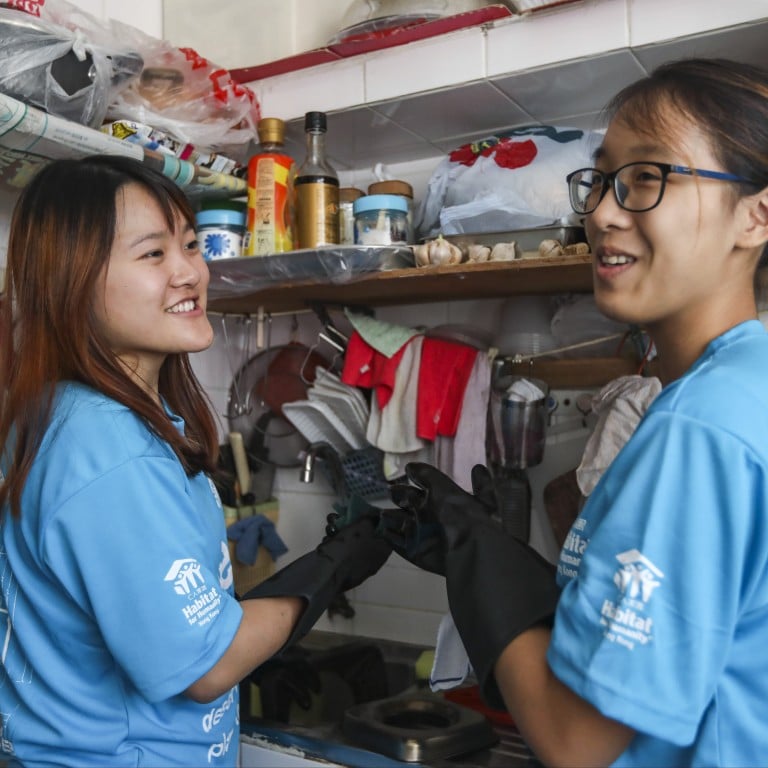
Can youth community service, voluntary or not, help social cohesion? How Hong Kong and its ‘me’ generation could benefit in absence of military service
- Getting involved with things like poverty alleviation or small community projects could enhance social cohesion among Hong Kong youth, academic says
- Initiative could start on a voluntary basis and become compulsory later, but scepticism exists over forcing any sort of participation
The idea of conscription in Hong Kong was first proposed 50 years ago, and there have been suggestions recently that some kind of community service could offer a solution to the city’s current social unrest and division.
He proposed that all Hong Kong-born men aged 18 years should be conscripted for 18 months – not into the regular British Army but for paid, part-time work in uniformed volunteer services such as the St John Ambulance charitable organisation and the auxiliary Royal Hong Kong Regiment.
“Young people are too much of the ‘me’ generation and are super-individualistic, which we need to correct,” says Lau Siu-kai, emeritus professor of sociology at Chinese University of Hong Kong and vice-president of the Chinese Association of Hong Kong and Macau Studies.
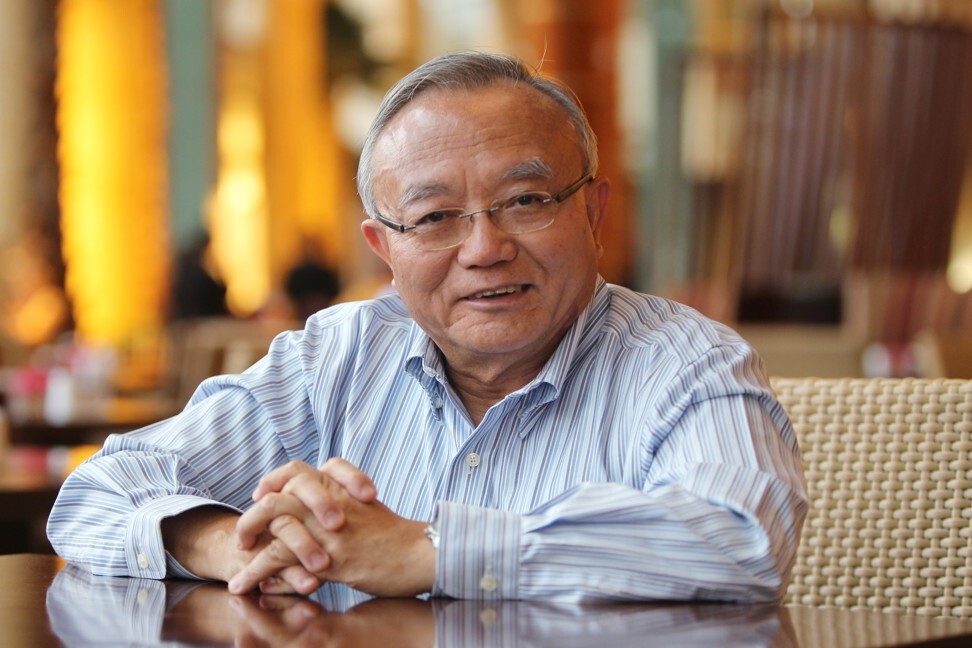
Lau, who was head of the government’s think tank, the former Central Policy Unit, for a decade from 2002, believes there is value in some form of regimented service for instilling in young people a sense of discipline, patriotism and social responsibility.
He admits, however, that it would be difficult to implement in Hong Kong, where there is too much emphasis on “personal liberty”. Instead, Lau suggests a new system of service to enhance social responsibility and cohesion, which could initially be introduced on a voluntary basis.
“They [young people] need more exposure to cooperation and hierarchy, and could engage in poverty alleviation, supporting single-parent families and small community projects” to achieve that aim, Lau says.
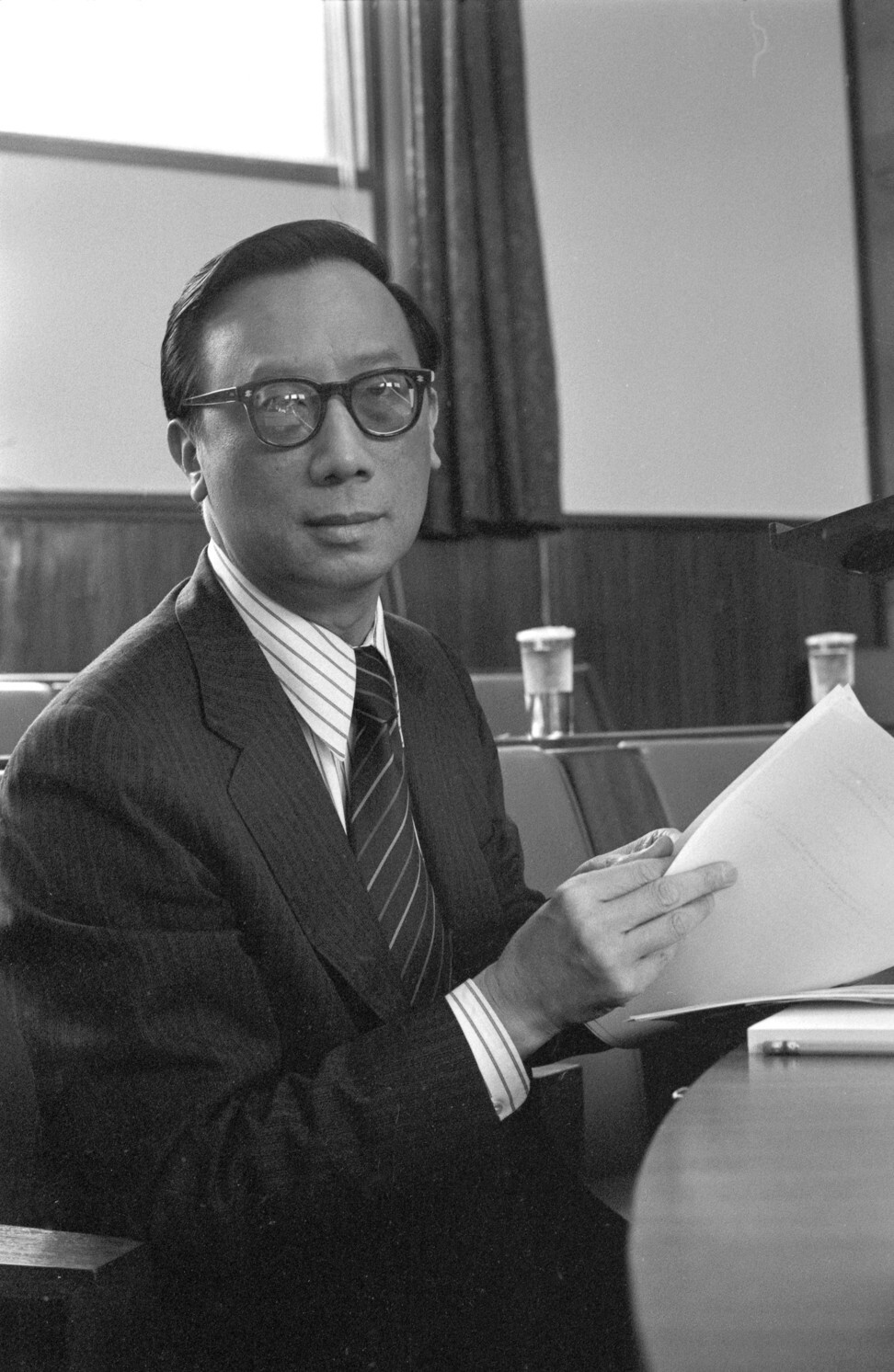
Military or social service conscription is long established in many other places in East Asia, including South Korea, Singapore, Myanmar and Thailand.
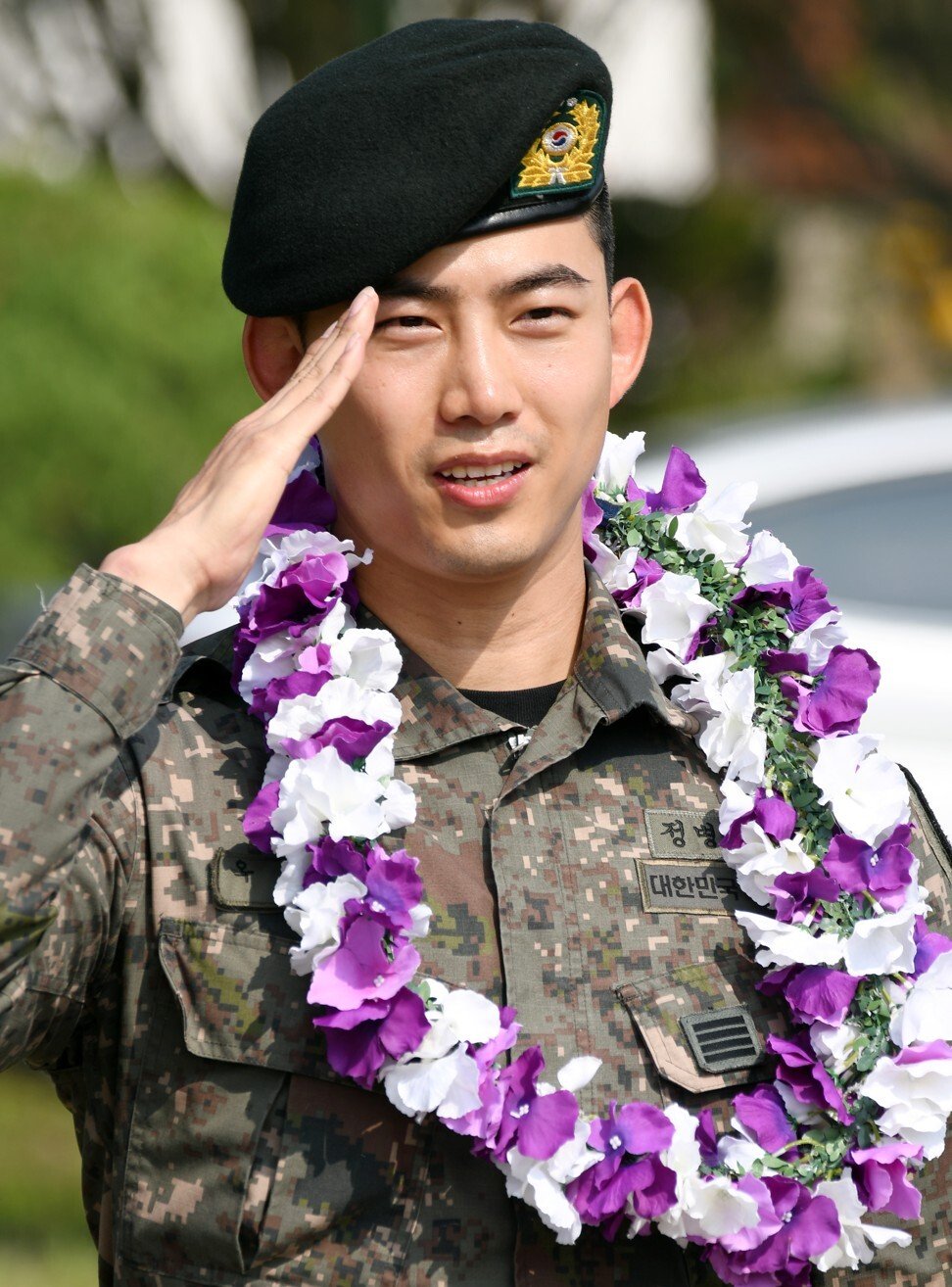
Under Thailand’s 1954 Military Service Act, men become eligible for conscription when they reach the age of 21 and about 100,000 personnel are recruited every year. Those who do not volunteer must participate in a lottery that takes place each April. Those who draw a black card can go home, but a red card means two years of service. Parents wait anxiously outside regional registration centres as young men draw lots, greeted by cheers or groans.
In Singapore, it is the duty of every male citizen and permanent resident to undertake national service when turning 18. It can be served in the Singapore Armed Forces, Singapore Civil Defence Force or Singapore Police Force.
According to the Singapore government website, it is “an essential part of our nationhood and a rite of passage for every Singaporean and Permanent Resident male”. Some 900,000 residents have undertaken national service, which was introduced in 1965 so the city state could raise its own armed forces from a relatively small population.
Usually, compulsory participation is regarded as a non-genuine form of social participation. In the present context of Hong Kong, I don’t think that is an answer
According to research co-authored by Professor Panu Poutvaara, an economist from Germany’s University of Munich, compulsory service is typically justified as a means to teach young citizens national and civic values, and to foster nation building.
Poutvaara’s research indicates that, despite the political allure of military and other types of conscription, the benefits are nebulous. “Even though some proponents have argued that conscription could promote social cohesion – as we cite in our paper – I am not aware of empirical work providing evidence that this would actually be the case,” he says.
He points to research published in Sweden by Randi Hjalmarsson and Matthew Lindquist, which challenges the idea that military service can “straighten out” troubled young men. Instead, they argue, it compounds pre-existing behavioural problems.
Conscription is not something Poutvaara would recommend for Hong Kong. “In the current situation, I would expect it to worsen the internal conflict, not to alleviate it,” he says.
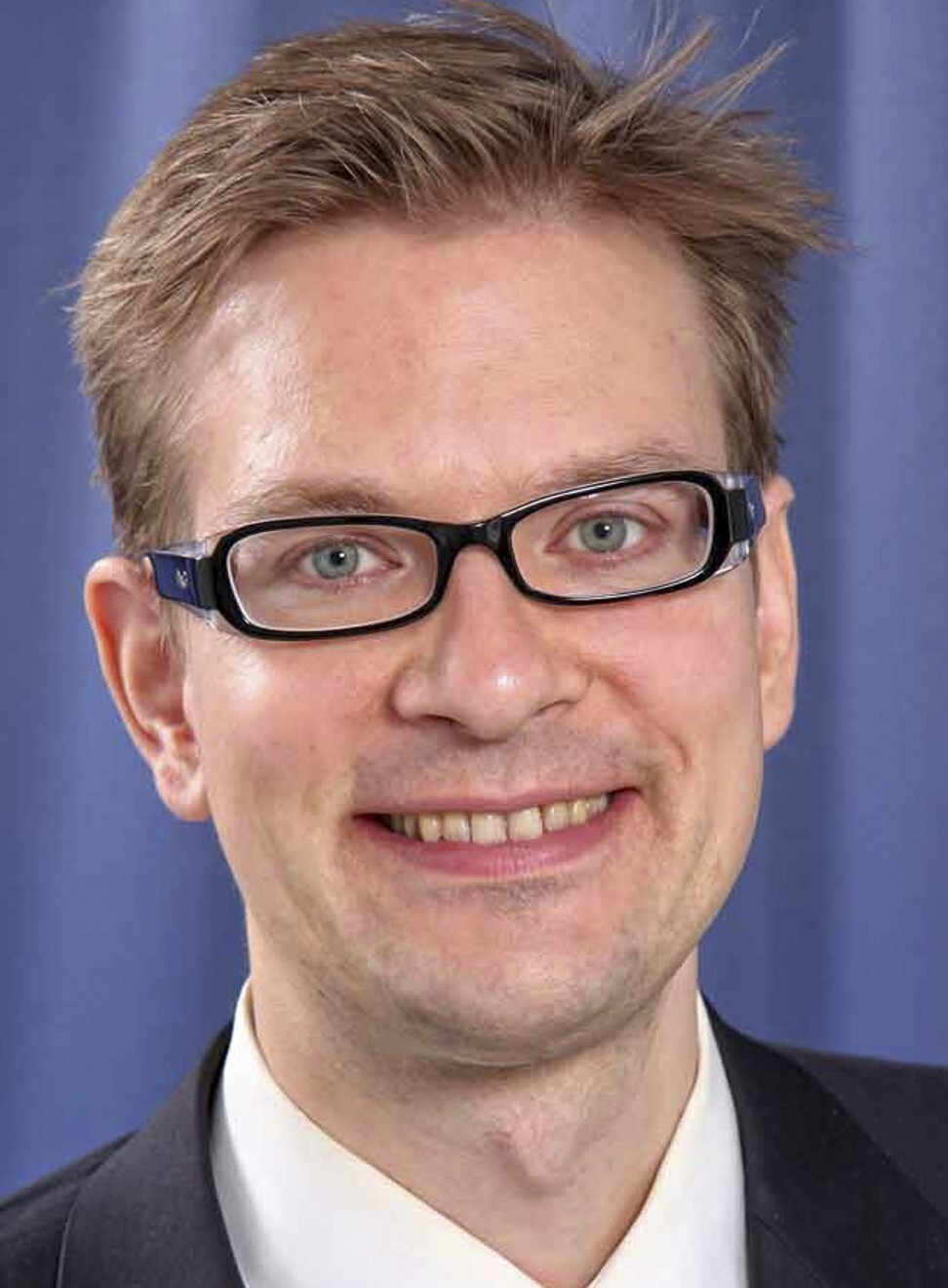
Lau agrees that any compulsory service with a military or defence connection would still be too controversial for Hong Kong, where the military situation is more complicated than in other parts of East Asia.
According to Article 14 of Hong Kong’s Basic Law, military defence is provided by the garrison of the People’s Liberation Army (PLA), which is forbidden from interfering in the city’s internal affairs. The PLA does not accommodate conscripts and is an all-volunteer service.
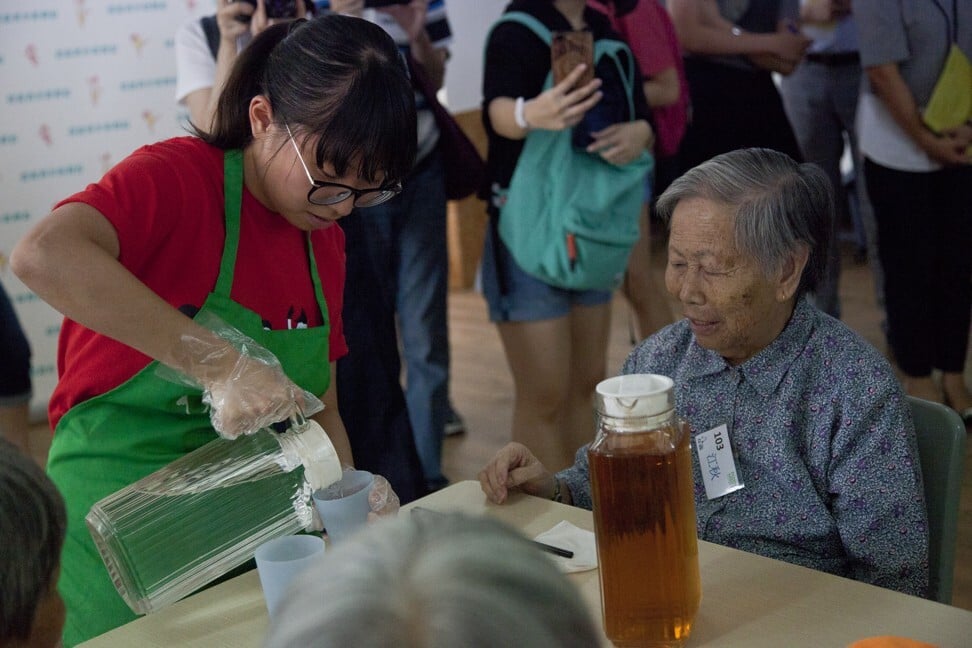
Military style uniformed training for young people is embedded in China’s patriotic education programme.
“As a girl, I am afraid that I am not physically strong enough,” Carrie Li, 17, a student from Hong Kong studying at Tsinghua’s law school told the Post.
“There is a different situation in China,” Lau says, “where there is a sense of pride and patriotism in young people which is rising rapidly, so Beijing can compel military training at universities.”
He acknowledges that the situation is very different in Hong Kong.
“Any sort of military conscription raises ideological issues in terms of who the people are serving. Is it China, ‘one country, two systems’, or Hong Kong only? These are tricky matters that will need to be resolved.”
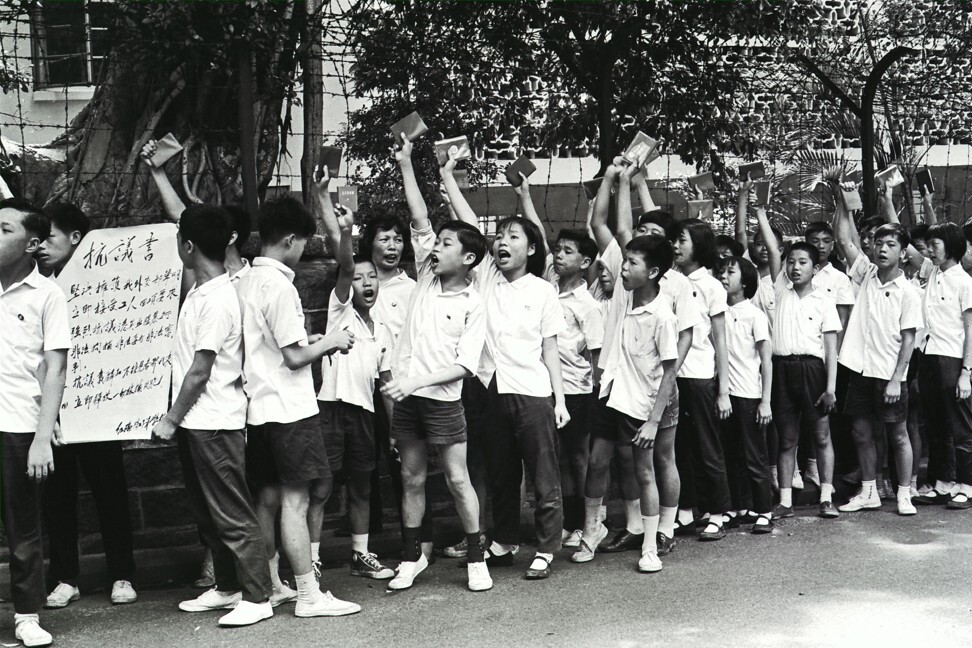
Conscription for social and community services would work better, Lau says, stressing that it must include the wealthiest in society to reduce class resentment and improve social cohesion. He proposes starting the initiative on a voluntary basis and making it compulsory at a later date.
“The system will instil organisation, discipline and cooperation with resources and input from the wealthy,” he says.
One academic who undertakes research into civil society and social cohesion is sceptical about the need for any sort of forced social service.
“Usually, compulsory participation is regarded as a non-genuine form of social participation,” says Professor Joseph Chan Cho-wai, associate director of the Centre for Civil Society and Governance at the University of Hong Kong, who also doubts social or military service would heal social division. “In the present context of Hong Kong, I don’t think that is an answer,”
Chan rejects the notion that young people need a better understanding of social responsibility and social cohesion.
“The young protesters are not unconcerned about society,” he says. “Quite the contrary. They are so concerned that they are willing to risk their own liberties or lives.”

